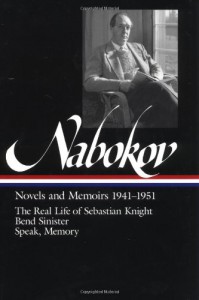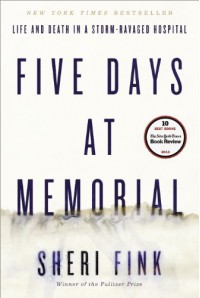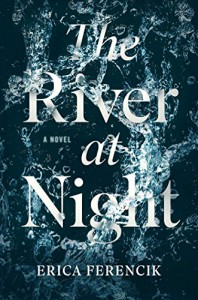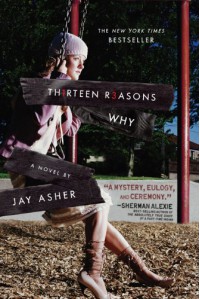I was disheartened but not surprised poetry was left out of the "Why I Love" featured posts in February. Poetry, especially contemporary poetry, has a comparatively small readership, at least in America. As a poet, it sometimes seems that only fellow poets read poetry, which is a shame.
Before I explain why I love poetry, here are some reasons why it appears readers avoid it (feel free to skip!):
1. Poetry tends not to be taught in school as consistently as prose, at least in the U.S. When it is, it's often works that are at least 50 years old, if not centuries. I went to a good public school, and in addition to Shakespeare's sonnets, we may occasionally have read the likes of Robert Frost, Dylan Thomas, and Emily Dickinson. Fine poets, but not contemporary and not representative enough. As a result, students think all poetry must rhyme or be in form and sounds antiquated.
2. Poetry has a reputation for being "difficult." This is related to the reason above in that students erroneously learn to see poems as puzzles to be solved. Poems are not math problems (one more reason I love them). There is no mystical key you must stumble upon to "unlock" a poem. Poems are like living beings when encountered in that space between the words on the page (or in the air if heard) and what happens in your mind and body. When poems are approached as if they are puzzles, it's like treating them as dead things, or like Prufrock in T.S. Eliot's poem, when he is "fix[ed]...in a formulated phrase...sprawling on a pin...pinned and wriggling on the wall." If a reader is fixated on "solving" it, he/she will miss the poem's beauty.
3. We're living in a time when the arts and humanities are undervalued. In the U.S., funding for the National Endowment for the Arts has been gutted in Trump's budget proposal, even though it's a minuscule slice of the federal pie. Even in Obama's presidency, the emphasis was on training and education for the science and technology fields. I have a PhD in English and still have been unable to find a full-time teaching position as the recession hit a few years before I graduated. As universities' budgets are cut, so are the literary journals they help fund. Essentially, there are fewer places to publish and read poetry.
So here's WHY I LOVE POETRY, and you should too!
1. Every line of a poem (or sentence/phrase in a prose poem) can be a surprise, can change everything, including the reader. Prose forms and drama build tension and suspense through plot; poetry doesn't need that. That combination of surprise and recognition that happens when you read a good poem is like having an epiphany over and over with each line, with no dilution of its revelation, or like hearing a favorite comedian deliver a punchline. My favorite example of a poem that embodies this sort of surprise is Rilke's "Archaic Torso of Apollo."
2. Sound and language for their own sake. Even if you have no idea what a poem is "about," you can enjoy the way it plays with language and sound. This is why nonsense poems like Lewis Carroll's "Jabberwocky" are still a delight. Also a reminder that poems are meant to be heard.
3. Diversity: of form, source (writer, culture, time), purpose. Every culture with which I am familiar has its own poetry (or poetries). Before prose, there was poetry. Before we wrote anything down, there was poetry. So whatever you're in the mood for, there's a poem for it, whether it's something political, personal, social; narrative or lyric; formal or free; angry, joyful, sad, funny.
Here's my favorite site to browse poems: poetryfoundation.org. You can browse by occasion, poet, movement, time period, place, etc.
Here are some contemporary poet recs. (Also feel free to browse my poetry tag(s).)
Anne Carson
Billy Collins
Mark Doty
Rita Dove
Daisy Fried
Louise Gluck
Matthea Harvey
Robert Hass
Seamus Heaney
Zbigniew Herbert
Juan Felipe Herrera
Marie Howe
Ko Un
Yusef Komunyakaa
Jamaal May
Harryette Mullen
Adrienne Rich
Tomas Transtromer
David Wojahn
Adam Zagajewski
 3
3

 3
3




















